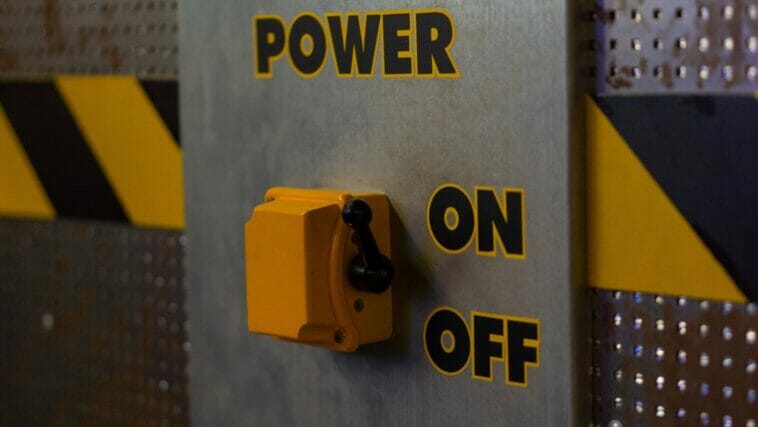New report reveals vital considerations to mitigate soaring commercial energy prices.
With much volatility and uncertainty in the energy market today, partially due to the ongoing conflict between Russia and Ukraine, businesses must remain agile when it comes to monitoring and managing their energy.
With the government looking to the future with their new energy security strategy, which plans to boost wind, nuclear, solar and hydrogen, commercial energy broker and utilities consultancy Advantage Utilities implores businesses to adopt a similar long-term approach within their latest quarterly energy report.
As Europe relies on Russia for around 35% of its natural gas requirements, the Russia/Ukraine crisis is proving to be a cause of concern. The expert energy analysts at Advantage Utilities have identified additional ‘bullish’ factors for 2022 as possible Russian gas restrictions and OPEC oil curbs.
Commenting on the report, Andrew Grover, Chief Executive Officer at Advantage Utilities said: “Russia’s invasion of Ukraine has caused added volatility to what was already an extremely challenging market, even considering the upcoming summer months. This is owing to gas requirements for power generation being high, due to renewable generation being low, coupled with strict targets to get the UK’s and EU’s already depleted gas storage facilities 80% full by 1st November.”
He continues: “Even though the UK has little direct reliance, around 40% of Europe’s gas is currently sourced from Russia via either pipelines or LNG exports. When factoring in the cost and timescales to replace this, it’s no wonder why both the UK and Europe have accelerated their need to source supplies from alternative locations, as well as to invest in self-generation and cleaner energy.”
The cheapest unit of energy is the one you do not consume
As energy costs continue to spiral, businesses should look at energy management to try and retain control of expenditure, by reflecting on how and when they are using energy. Solar solutions in particular are proving popular and many businesses are successfully implementing their own renewable energy on-site.
Grover says the process of exploring the viability of on-site renewable energy starts with a simple desktop audit, that may then lead to an actual site audit, to ascertain what products and services businesses may be able to explore, such as EV charging, solar panels, Combined Heat & Power, battery storage, voltage optimisation and load shifting amongst others.“Often, these products and services can be implemented at little or no cost, or for larger projects it can be achieved capex free,” he says.
Grover also notes that the cost of technology, materials, and energy saving measures typically reduce over time. So, an audit or assessment that perhaps did not have a pay-back period that was attractive last time around, may now produce different and more appealing results.
There is no denying that it’s a very concerning time for UK businesses, with extraordinarily high energy prices. However, it’s important to remain focused on long-term actions as there are steps that organisations can take to try and mitigate these costs and remain focused on a sustainable future driving toward net zero.
Additional products, solutions, guidance and advice on energy management can be found within the latest report by Advantage Utilities.



